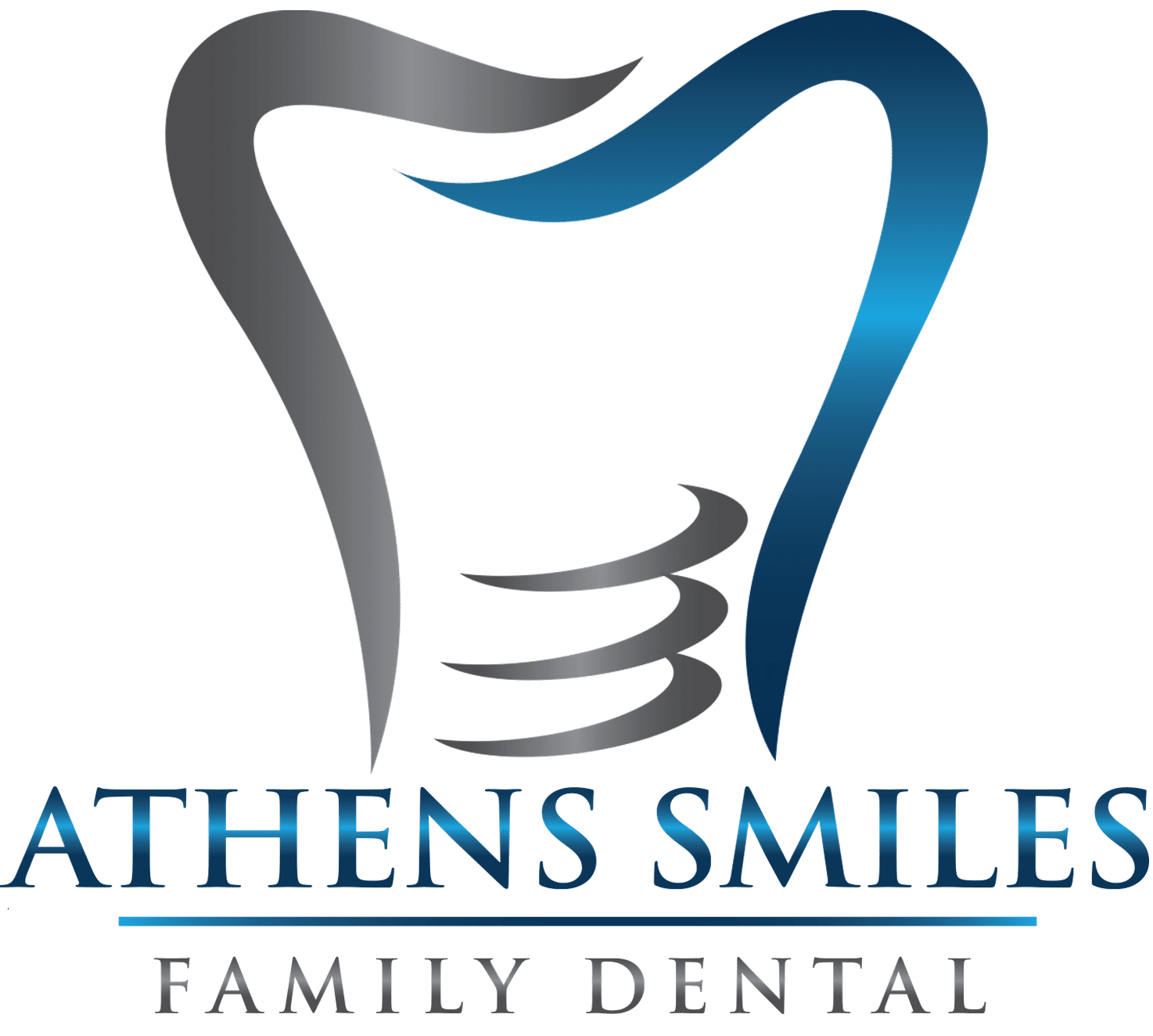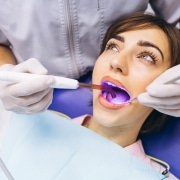5 Common Causes of a Cracked Tooth
Your teeth are very strong, but they aren’t invincible. Certain things can cause damage to the tooth, including cracks. Cracked teeth are bad because that creates an entryway for bacteria into the interior of the tooth. To avoid cracked teeth, consider these common causes:
1. Chewing on Ice
Lots of people chew on ice after they’ve finished a drink. But this habit often causes cracked teeth. If you have this habit, toss your ice right away so you aren’t tempted.
2. Eating Hard Candy
There are many kinds of popular hard candy that, unfortunately, can lead to a cracked tooth. They include favorites like peanut brittle and pralines. Avoid this type of candy if you want to keep teeth healthy.
3. Experiencing Mouth Trauma
Blunt force trauma to the mouth can also cause a cracked tooth. These most often occur as sports injuries, car accidents or falls. You can wear a mouth guard while playing sports to avoid injury, but the other incidents cannot be predicted.
4. Teeth Grinding
If you grind your teeth either while awake or asleep, you may be causing one or more of your teeth to crack. This is because the chronic lateral force being applied to your teeth isn’t natural. If you are a teeth grinder, talk to your dentist about wearing a teeth guard that will help you to break the habit.
5. Age
As you age, your teeth may become slightly weaker. This makes them more susceptible to cracking and other injury. More teeth cracks occur in those over aged 50 than in younger people. There’s nothing you can do to prevent this from happening, but regular dental checkups will help to ensure that any cracks are detected right away.
Your Athens dentist can help if you have a cracked tooth. There are treatments available that can restore the look and strength of your cracked tooth. Contact us today for details.



